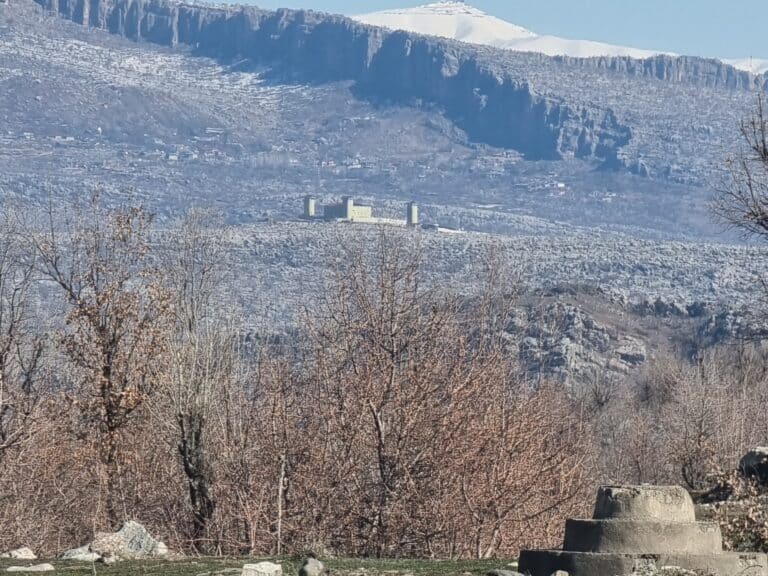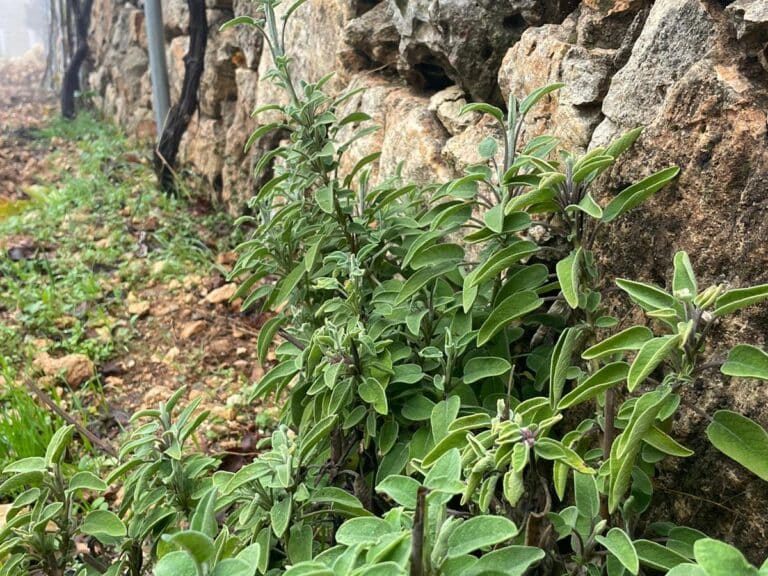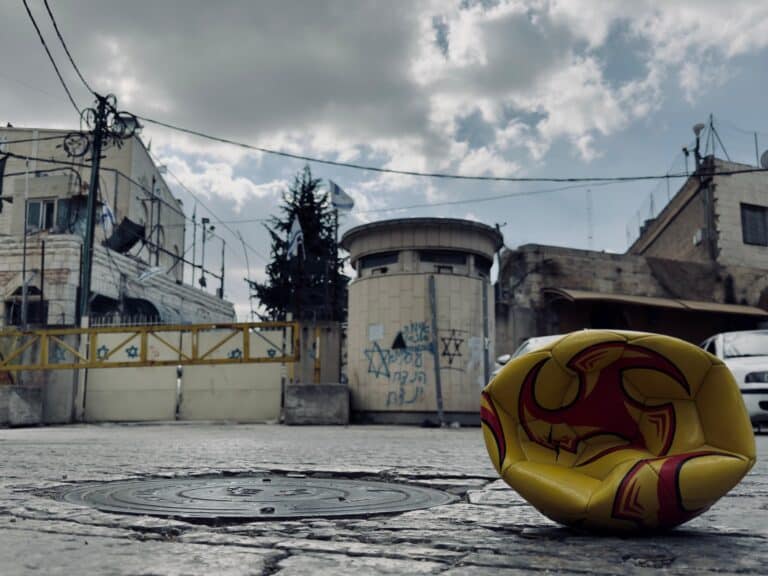CPTnet
6 November 2017
LESVOS REFLECTION: Into the night sea;
waiting for the refugees to arrive across the sea
by Michael Himlie
As a
Christian Peacemaker Team member (CPTer) on Lesvos, I worked on the Night
Watch, monitoring vessels in the Aegean Sea between Turkey and Greece, and
awaiting refugees to arrive on Greek shore in the night. While the other Night
Watch volunteers are just as intimately focused on the care, rights, and
well-being of the refugees crossing as I am, it was hardly ever talked about on
an individual basis as we sat through the night together. Typically the
conversations consisted of the number of refugees crossing, the conditions of
Moria, changes in Greek or European Union (EU) laws and regulations, where
boats need to land or where the smugglers launch them. Never do we talk about
refugees as individuals. Perhaps this is a coping mechanism for some of the
Night Watch volunteers who have been through many arrivals, some of them
traumatic. I still look into the night sea and view individual lives on the
other side.

When I look
into the Aegean night sea between midnight and morning, I am almost always
tired, and as the weather turns unfriendly, I’m rather cold. Through the
binoculars I see the glimmering lights of the Turkish coast and a few vessels:
cargo, coast guard, fishing boats, and maybe some rubber dinghies carrying
refugees. Monitoring the patterns and actions of the coast guard boats gives us
a good idea whether there is a refugee boat that the coast guard is harassing,
illegally pushing back to Turkey or picking up. Meanwhile, in the back of my
mind, I am thinking: “oh what I would do for a cup of coffee.”
However, the
night on the Turkish coast, from the stories of refugees, is vastly contrary to
that of mine on the Greek side, and far more horrifying. Refugees pay smugglers
thousands of Euros each to cross just fifteen kilometers of water. They have no
guarantee that they will make it to EU soil. Usually the boat is meant to hold
only fifteen people on a river, not 70 or more people in open water. If they
are lucky, ahead of them lies a detention center with strict and changing
policies for asylum case procedures. But they do not know this.

Looking into
the Aegean night sea from Turkey as a refugee is looking into a death-defying
journey. It is often the very first time for many people to have ever seen such
a large body of water. And now they must cross it. Parents look into the night
sea as they prepare to risk their own and their children’s lives simply in
search of a home that is not being bombed. Unaccompanied minors look into the
night sea, dreaming of a life that is not filled with war, terror and death.
Behind them is a long trail of tears, the deaths of family and friends, lost
homes, and somewhere way back, a life that perhaps at one point, was thriving
and good.
The parallel
story of a refugee and myself looking across the Aegean night sea at one
another a world apart, has gotten me thinking. We look at each other with
vastly different pasts, and a radically different present. I came to the night
sea from the United States, a country that has most likely played a large role
in their displacement and trauma. I came to Greece in an airplane and a massive
luxury ferry that only cost a few Euros. The refugees on the other side have
fled from war in their home country, and now are being told they are
illegal–that they do not belong. Despite this, these same countries, the ones
who played a role in their misfortune, have the resources, ability, and moral
duty to help, but probably will not. Still, however, a 1,000 Euro ride across
the sea risking death, to then be placed in a detention center where basic
human rights are not met, is for many the best option.
That is why,
when I look into the night sea, into the eyes of our sisters and brothers on
the other side, I must look with purpose–even when I see only darkness through
the lenses of the binoculars. Often what we look for is the unsteady light of a
cell phone shining off the reflective material of a life-jacket. This is the
only way to spot a refugee boat. The boats are never lit giving them a greater
chance not being seen by the Frontex* ships, but it
is more dangerous. Then comes the faint sounds of voices from the still dark
sea. The arrival to shore brings the chaos of trying to treat those who need
first aid, calming the children and hoping that the police and military who
arrive to take the new arrivals to the official detention center Moria will not
respond to the arrivals with violence. Right now, there is not much justice
when it comes to caring for the rights of refugees, but somewhere between me
and the refugees on the other side, there is potential for peace, we just have
to keep looking for the light.
*Frontex is
a militarized security agency contracted by European Union to provide
surveillance of its external borders and deterring boats carrying refugees,
often leading to the capsizing of the boats and peoples’ deaths.





